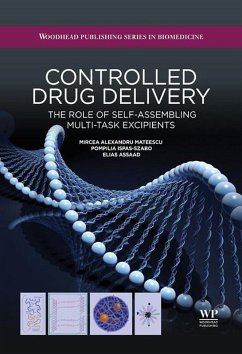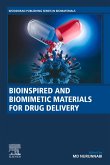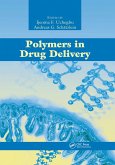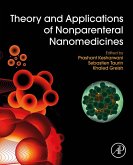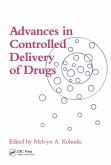In complex macromolecules, minor modifications can generate major changes, due to self-assembling capacities of macromolecular or supramolecular networks.
Controlled Drug Delivery highlights how the multifunctionality of several materials can be achieved and valorized for pharmaceutical and biopharmaceutical applications. Topics covered in this comprehensive book include: the concept of self-assembling; starch and derivatives as pharmaceutical excipients; and chitosan and derivatives as biomaterials and as pharmaceutical excipients. Later chapters discuss polyelectrolyte complexes as excipients for oral administration; and natural semi-synthetic and synthetic materials. Closing chapters cover protein-protein associative interactions and their involvement in bioformulations; self-assembling materials, implants and xenografts; and provide conclusions and perspectives.
- Offers novel perspectives of a new concept: how minor alterations can induce major self-stabilization by cumulative forces exerted at short and long distances
- Gives guidance on how to approach modifications of biopolymers for drug delivery systems and materials for implants
- Describes structure-properties relationships in proposed excipients, drug delivery systems and biomedical materials
Dieser Download kann aus rechtlichen Gründen nur mit Rechnungsadresse in A, B, BG, CY, CZ, D, DK, EW, E, FIN, F, GR, HR, H, IRL, I, LT, L, LR, M, NL, PL, P, R, S, SLO, SK ausgeliefert werden.

